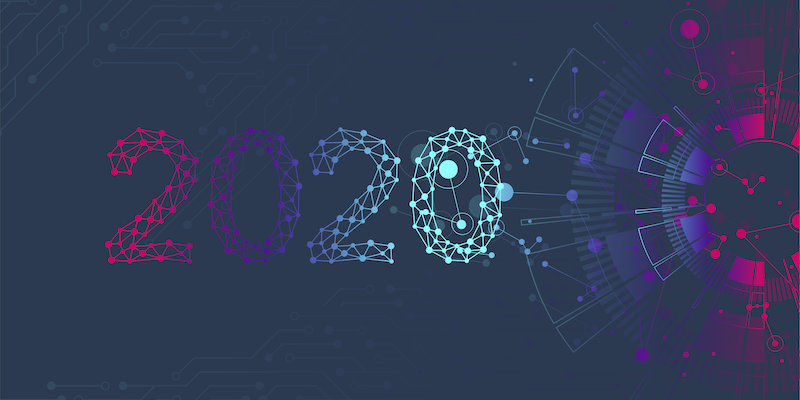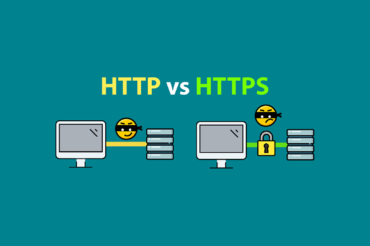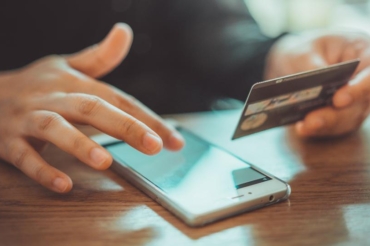Beefing up your security for 2020

It’s the dawn of a new decade. As we look to a year of promise and excitement, its probably a good idea to pay a bit more attention to cybersecurity. Most of our modern activities revolve around technology. It makes sense to take security a bit more seriously. So, here’s a list of things you could look to implementing to upgrade your security experience in 2020.
Passwords
Let’s start with the obvious one. Passwords. One might think with all the hacking incidents that we hear; people would take their passwords seriously. Sadly, that isn’t the case. According to CNN, some of the most common passwords in the world include “123456”, “123456789”, “qwerty” and “password”. The data came from a survey conducted by the UK’s National Cyber Security Centre (NCSC). This was from an analysis of passwords belonging to accounts worldwide that had been breached.
Using hard-to-guess passwords is the basic first step in safeguarding your digital valuables. Most of the time users get caught up with trying to remember the password. As a result, passwords are often in the form of one’s favorite fictional character, birthday, or something similar. But with convenience, users sacrifice the security aspect of one’s digital activities. It will only take a simple guess or a brute force attack to get through to your account.
So what can you do about this? How does one use place better passwords while not compromising convenience? One easy way around this is to use a password manager. Mind you, this isn’t a perfect tactic. Using a password manager still comes with the risk of compromising all your passwords should the password manager get breached. But it does offer convenience and offer you an incentive to use hard to remember passwords on your accounts.
Furthermore, it is also ideal to change passwords regularly. Once every month if possible. In general, a strong password should include a combination of uppercase and lowercase letters, numbers and special characters. Why? Because such passwords are difficult to hack through intrusive methods like brute force attacks. Difficult, not impossible.
Social media
This may come as a surprise to some. But you don’t have to post everything that happens in your life on social media. This becomes especially important with increasing security threats. It won’t take a lot of effort for an attacker to gather enough personal data about a person today given how active lives we spend in our digital worlds. Thanks to social media, social engineering has become a much easier task to perform than it was about a decade ago.
Sometimes, a cross-search between Facebook, Twitter, Instagram, and LinkedIn is all it takes to gather enough important info about a person. So, does that mean you would have to get rid of your social media profiles to keep yourself safe in 2020? In theory, that would be the ideal scenario. But we as humans would naturally find that challenging to do. Thereby in 2020, we can try to reduce sharing personal information about ourselves. This could range from removing location data from social media updates to restricting share setting to private.
Multi-Factor Authentication (MFA)
Multi-Factor Authentication is nothing new. Most of the popular services have Two-Factor Authentication features available. Services like Facebook and Gmail have 2FA. Many smartphones today come with some form of biometric authentication. Even several laptops come with a biometric authenticator like a fingerprint sensor.
Multi-Factor Authentication is one of the few ways that aim to protect your digital assets while offering convenience. The most common combination of MFA is 2FA methods that involve an online security measure along with an offline security feature. For example, on Gmail, you are asked to verify a sign in via your mobile device. Certain online payments involve having to input a One-Time Password that’s sent to you via SMS.
However, like all security aspects, this isn’t completely foolproof. It is still vulnerable for attackers to sneak through. Recently, a group of Chinese hackers were able to bypass 2FA protections of western government entities. But even so, this remains a healthy option to look to when upgrading your security. Not only does MFA provides an extra layer of protection for password-protected accounts, but it also acts as a means of protecting your digital identity as well.
Software updates
Most of our predominantly digital lives involve a lot of software updates. Your smartphone, your computer, and even your car is subjected to software updates. If you’re a Windows 10 user, then chances are you’re all too familiar with how Microsoft forces system updates down your throat. As annoying as this is, from a security standpoint it is vital to ensure all your systems have patched the most recent updates.
After all, ignoring software updates can prove to be catastrophic. For instance, one flaw in the Jetpack plugin on WordPress left millions of websites vulnerable before the patch was released. As attackers constantly attempt to compromise outdated systems, companies like Microsoft, Google, WordPress, etc. send regular updates that include security patches.
Additionally, it’s always advisable to avoid unofficial content. Despite the convenience, pirated software can pose serious threats to your system. For one thing, an unofficial channel would mean your less likely to receive any security updates. It would also mean that you’re leaving your system vulnerable for malware that could very well come packaged with pirated content.
But in a corporate environment, updating should ideally go beyond software. A business would need to update hardware as well. For example, your office shouldn’t be using Windows XP devices in a scenario where Microsoft has officially ended support for the outdated Operating System. This is one reason the WannaCry malware managed to attack many computers from across the world a few years back.
Small incremental changes may add up to a much better level of security
Of course, there are many steps you could take to beef up your security. The few mentioned here are only some of the simple things you could implement to help protect your digital activities immensely.
Security is increasingly becoming a vital concern among the average consumer. But that doesn’t mean you have to be some cybersecurity expert to protect yourself in the modern digital environment. Small incremental changes in your daily activities could go a long way. For instance, enabling alerts on your phone. It might sound simple, and maybe even a bit annoying. But enabling alerts on all your important online activities could potentially be a lifesaver. From your email logins to online banking activities, keeping a track of your digital activities in some reliable form helps curb any potential compromises.
So, there you have it. Those a few things you could do to ensure better security for yourself in 2020. But in case you prefer some professional help, feel free to reach us via email at info@c-yber.com or by phone (+372) 602 3532.

